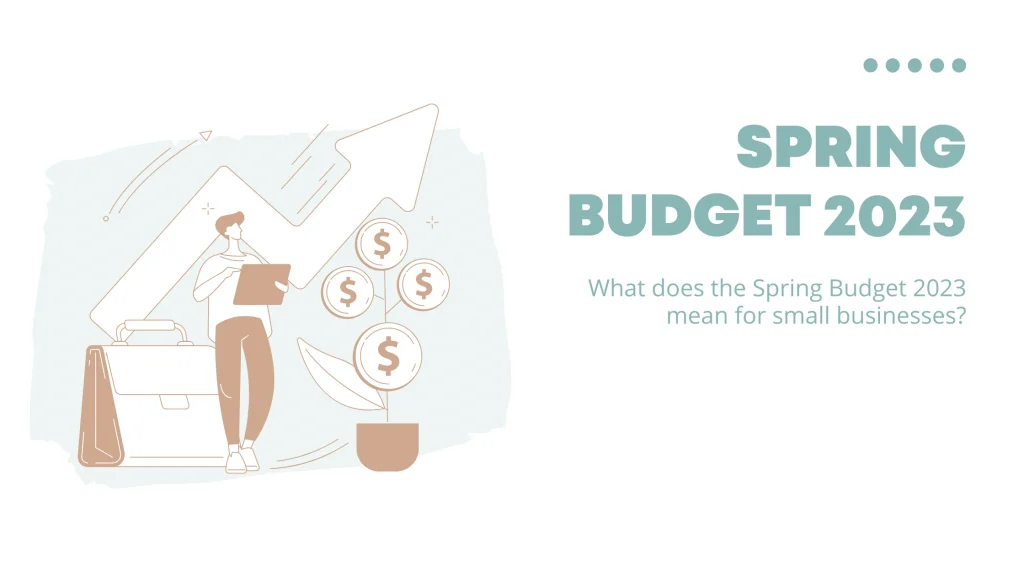What is in the Spring Budget 2023 for small business owners?
The Spring Budget 2023 was announced last week, 15th March 2023, Jeremy Hunt had previously said it would be a light budget and he wasn’t wrong.
There wasn’t a great deal for Small Business Owners and whilst Jeremy Hunt commented is was focusing on growth. There isn’t really any support for small business growth unfortunately.
So, what was announced?
Full Expensing
The key tax measures announced include the introduction of ‘full expensing’ for capital expenditure for at least the next three years to replace the super-deduction with is still ending 31 March 2023.
For many small businesses, this new capital allowance regime will be of little consequence given the generosity of the Annual Investment Allowance but, if made permanent, it may simplify the tax affairs of those claiming a combination of AIA and first year allowances which will presumably fall by the wayside.
Pension
The removal of the pensions lifetime allowance charge and eventual abolition of the lifetime allowance altogether was part of a range of measures to encourage people to continue working beyond an age at which they are currently opting to retire, including an increase in the annual pension tax-free allowance from £40,000 to £60,000.
Rebalancing of R&D tax reliefs
Tax relief claimable by businesses through the Research and Development Expenditure Credit (RDEC) and the research and development tax relief for small and medium-sized enterprises (SME), changes from April 2023. The new rates are 20% for RDEC (currently 13%), 86% additional deduction for SME (currently 130%), and 10% for SME payable credit (currently 14.5%).
The changes made in last year’s Autumn Statement are still going to come into effect from April 2023. Here is a reminder;
Reduction of additional rate tax threshold
The additional rate threshold reduces from £150,000 to £125,140 exposing more individuals to the 45% tax rate.
Increase in Corporation Tax
The main rate of Corporation Tax increases from 19% to 25% for businesses with profits exceeding £250,000. Businesses with profits under £50,000 will continue to pay at 19% and those in between will be subject to a marginal rate of 26.5% on profits falling between those upper and lower limits.
Reduction of the Dividend Allowance
The tax-free allowance for dividend income (the Dividend Allowance) reduces from £2,000 to £1,000 for individuals in receipt of dividend income.
Reduction of the CGT Annual Exempt Amount
The Capital Gains Tax (CGT) Annual Exempt Amount (AEA) reduces from £12,300 for individuals down to £6,000..
CGT extension to the nil gain/nil loss period to three years for couples that separate or divorce
Increase to the period in which spouses and civil partners who are in the process of separating can make no gain and no loss transfers of assets between themselves to three years; and unlimited time if the assets are the subject of a formal divorce agreement. Previously, separating couples had until the end of the tax year of their separation.
Nothing really to support small business owners in a positive way. There are tax increases for the majority of small business owners so it is important to plan for these in your budgets and cashflows.
Thank you for reading this weeks blog – Spring Budget 2023.
Flo
